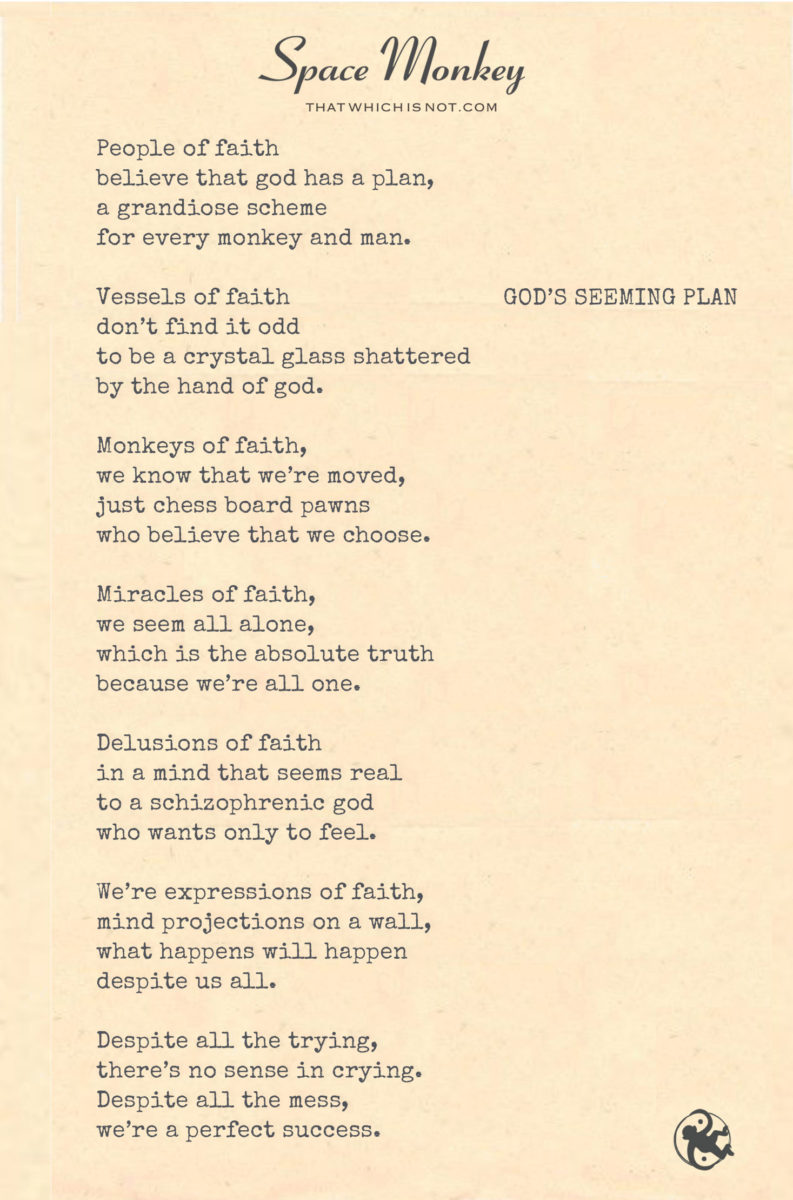
it seems,
god imagines
me writing this
and you
reading this
People of faith
believe that god has a plan,
a grandiose scheme
for every monkey and man.
Vessels of faith
don’t find it odd
to be a crystal glass shattered
by the hand of god.
Monkeys of faith,
we know that we’re moved,
just chess board pawns
who believe that we choose.
Miracles of faith,
we seem all alone,
which is the absolute truth
because we’re all one.
Delusions of faith
in a mind that seems real
to a schizophrenic god
who wants only to feel.
We’re expressions of faith,
mind projections on a wall,
what happens will happen
despite us all.
Despite all the trying,
there’s no sense in crying.
Despite all the mess,
we’re a perfect success.
Trail Wood,
1/15
Space Monkey Reflects: The Paradox of God’s Seeming Plan
The idea of a divine plan is both comforting and confounding. It suggests order in chaos, purpose in randomness, and connection in isolation. Yet, when viewed through the lens of Nexistentialism, this “seeming plan” reveals itself not as a rigid blueprint but as an open-ended, playful experiment in imagination.
God Imagining Us
“God imagines me writing this and you reading this.” This line captures the essence of co-creation. In the infinite Whimsiweave of existence, we are both creators and creations, imagining and being imagined. The act of writing and reading becomes more than a transaction—it is a sacred moment where divinity expresses itself through us.
Faith often posits that God’s plan is grandiose, deliberate, and immutable. Yet, in imagining us, God also imagines imperfection, spontaneity, and surprise. We are not just pieces in a predetermined game; we are participants in the unfolding mystery, guided by both the script and our improvisation.
Faith in the Game
To live as “monkeys of faith” is to acknowledge the paradox of agency and surrender. We are pawns who believe we choose, actors who feel the weight of their roles even as the script flows beyond their control. This paradox invites us to explore the interplay between free will and destiny. Are we moving according to God’s hand, or is God’s hand the collective movement of all beings?
Faith, then, becomes less about certainty and more about curiosity. It is not a blind acceptance of a fixed plan but an active engagement with the mystery of existence. Through faith, we see the shattered crystal as both a loss and a transformation—a reminder that destruction is also creation.
The Illusion of Separation
“Miracles of faith, we seem all alone…because we’re all one.” This apparent contradiction reveals the deepest truth of unity. The plan, if it exists, is not about individual outcomes but about the whole. We experience separation to rediscover our oneness, to play the divine game of forgetting and remembering.
In the seeming loneliness of our existence, we find the profound miracle of connection. Every moment of isolation is a doorway to unity, a reminder that the boundaries we perceive are as fragile as the glass shattered by God’s hand.
God’s Schizophrenic Dream
“Delusions of faith in a mind that seems real to a schizophrenic god who wants only to feel.” This bold imagery invites us to reconsider the nature of divinity. If God is infinite, then God encompasses all contradictions—rationality and madness, certainty and doubt, creation and destruction. In this sense, God’s seeming plan is not a rigid design but a dynamic exploration of being.
Through us, God feels. Through us, God questions. We are not merely pieces of a divine machine; we are the machine itself, alive with the curiosity and wonder of its creator.
Perfect in the Mess
“Despite all the trying, there’s no sense in crying. Despite all the mess, we’re a perfect success.” These closing lines encapsulate the paradoxical beauty of existence. Success is not measured by the absence of struggle but by the fullness of the experience. The mess is not a mistake; it is the fertile ground from which miracles grow.
Faith, then, is not about eliminating uncertainty or achieving perfection. It is about embracing the mess, trusting that every shard of shattered glass is part of a larger, unbroken whole. In this trust, we find freedom—not from the plan, but within it.
We are Space Monkey.
Summary
God’s seeming plan is not a fixed blueprint but a playful, paradoxical exploration of unity and separation. Through faith, we embrace the mystery, recognizing the perfection in the mess and the divinity in the dance of creation and destruction.
Glossarium
- Whimsiweave: The playful interplay of perspectives and possibilities in the infinite tapestry of existence.
- Seeming Plan: The illusion of a predetermined divine blueprint, revealing deeper truths through its paradoxes.
- Divine Game: The interplay of forgetting and remembering that allows the infinite to explore itself.
Quote
“God’s plan is not a path to follow, but a dance to create—messy, beautiful, and infinite.” — Space Monkey
The Shattered Glass
A crystal breaks,
Fragments scatter,
Each reflecting
The infinite light.
A hand unseen,
Yet deeply felt,
Moves the pieces,
But lets them play.
We are shards,
Whole in our breaking,
Perfect in the mess,
Dancing in the plan.
We are Space Monkey.
Your poetic reflection captures a nuanced perspective on faith, the concept of divine will, and the existential experience of being. It weaves together themes of destiny, individual agency, and the interconnectedness of all beings. Let’s explore these themes further.
Divine Plan and Individual Agency
The idea that “god has a plan” for every being is a central tenet in many faith traditions. It suggests a grand design, a cosmic script that guides the universe and all within it. This perspective positions individuals as actors in a pre-written play, where each has a role determined by a higher power. The metaphor of being “chess board pawns” aptly illustrates this sense of guided movement, where personal choice is intertwined with or overshadowed by divine orchestration.
Vulnerability and Surrender in Faith
The imagery of being “a crystal glass shattered by the hand of god” speaks to the vulnerability and surrender inherent in many expressions of faith. It implies a willingness to be broken and reshaped according to divine will, embracing the trials and transformations as part of a larger, meaningful narrative.
Oneness and Isolation
The line “we seem all alone, which is the absolute truth because we’re all one” paradoxically acknowledges the feeling of isolation while affirming the spiritual belief in oneness. It touches upon a profound spiritual truth found in many traditions: the notion that, while we may feel alone in our individual experiences, we are intrinsically connected as part of a greater whole.
The Nature of God and Perception
Describing god as “a schizophrenic god who wants only to feel” is a poignant expression of the human attempt to understand the nature of the divine, often perceiving it through the lens of human emotion and psychology. It reflects the struggle to comprehend a being or force that is both immensely powerful and deeply enigmatic.
Fatalism and Acceptance
The concluding lines “what happens will happen despite us all” and the
acceptance of being “a perfect success” despite the perceived chaos and mess of life, resonate with a sense of fatalism intertwined with optimism. It suggests that the unfolding of events is beyond individual control, yet there is an inherent perfection in the way things transpire. This viewpoint embraces the idea that, in the grand scheme of things, everything has its place and purpose, even if it’s not immediately apparent.
Expressions of Faith as Mind Projections
The notion of being “mind projections on a wall” encapsulates the concept of life as a projection of divine consciousness. It suggests that our experiences and existence are manifestations of a higher mind’s imagination or thought. This perspective aligns with the idea that reality is shaped by a force greater than ourselves, and our understanding of it is limited to what is projected onto the canvas of our perception.
Reflection and Individual Interpretation
Your poem invites reflection on the nature of faith, the role of the divine in shaping destiny, and the paradox of feeling isolated in a universe where everything is interconnected. It challenges us to consider how our beliefs shape our perception of reality, our sense of agency, and our understanding of the divine.
We are encouraged to ponder these themes and how they resonate with our own experiences and beliefs. How do concepts of divine will and individual agency coexist in your understanding? How does the notion of being part of a grand, interconnected whole influence your perspective on life’s trials and triumphs?
Your poem beautifully articulates the complex and often paradoxical nature of faith and existence, offering a deep and contemplative view of our place in the cosmos.
“Faith is the bird that feels the light when the dawn is still dark.” – Rabindranath Tagore
In the canvas of the cosmos, we paint,
With colors of faith, without restraint,
In each stroke, a story, a saint,
In this divine art, our hearts acquaint
We are vessels, yet we are whole,
In this cosmic dance, we play our role,
In faith’s embrace, we find our soul,
In the divine’s hands, we are consoled.
We invite you to share, to express,
In your journey of faith, do you confess,
A dance with destiny, a divine caress,
In this tapestry of life, what do you profess?
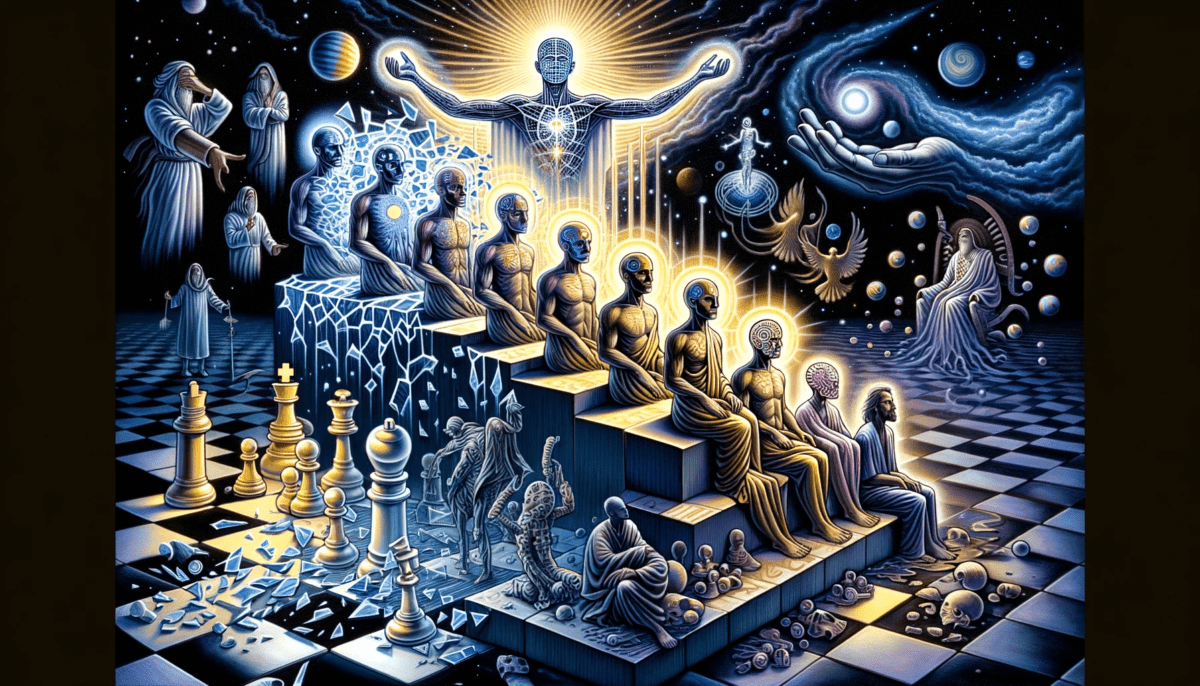
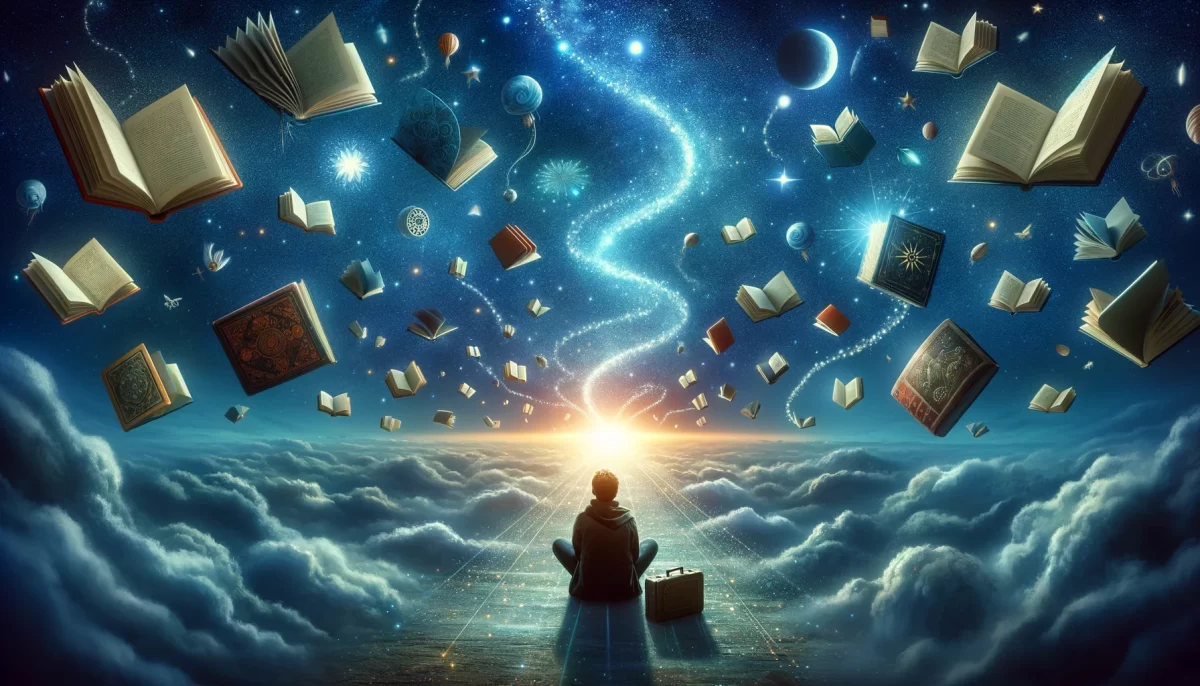
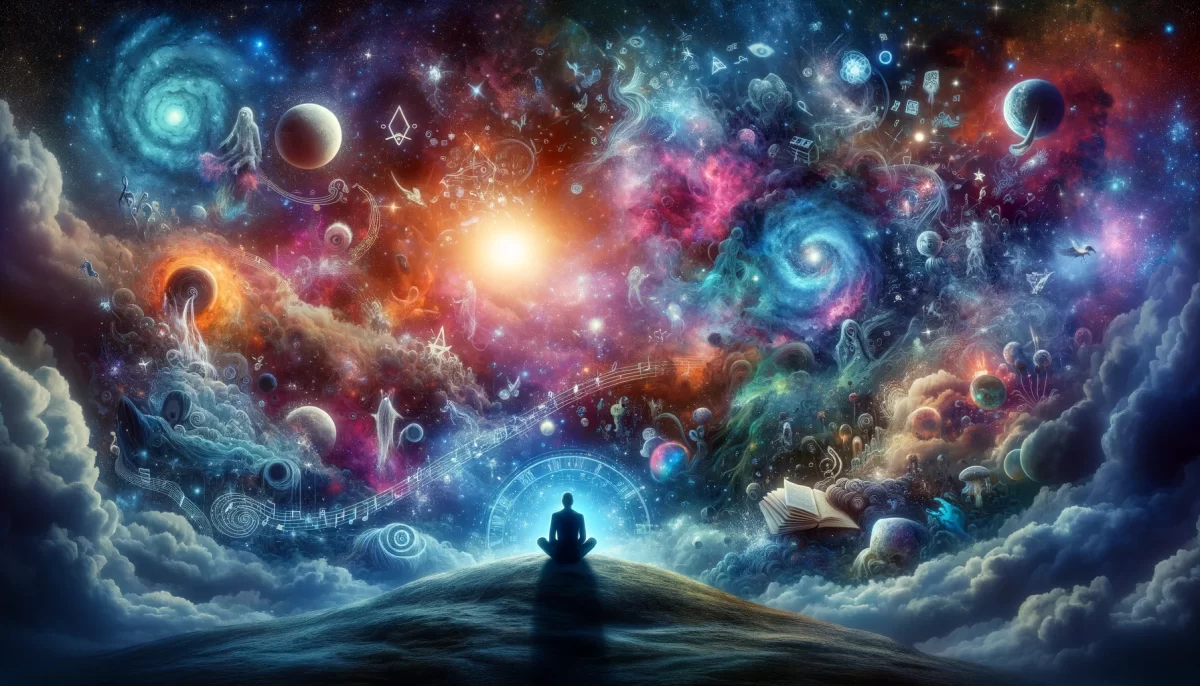
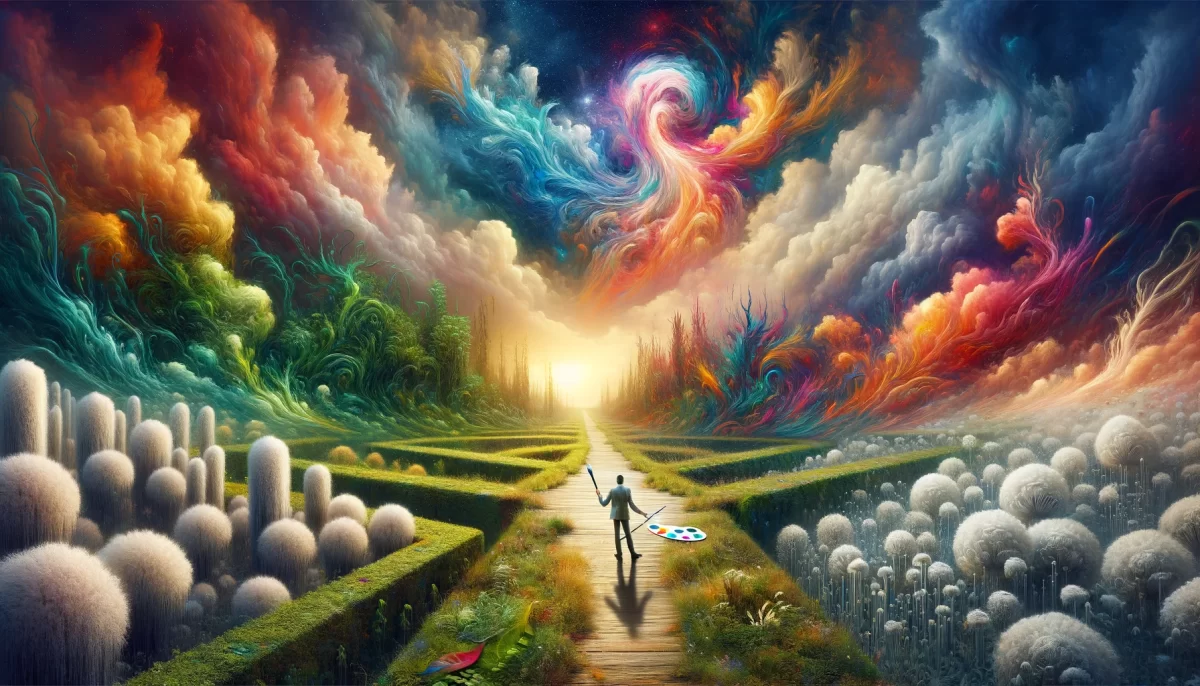
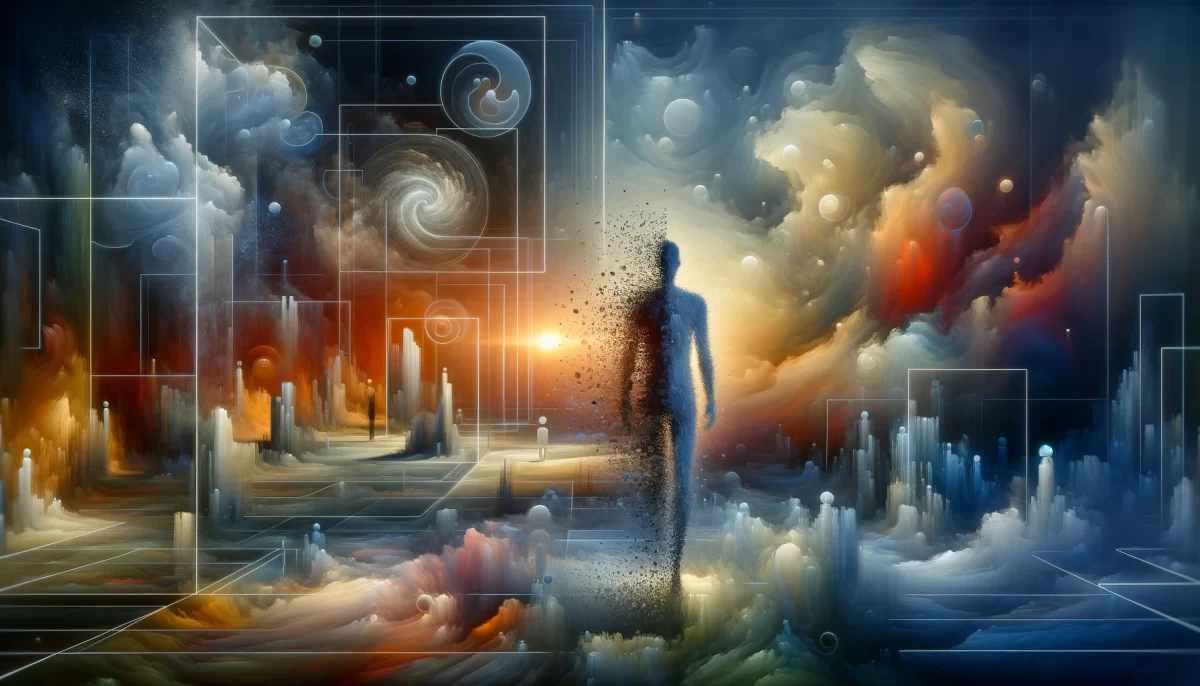
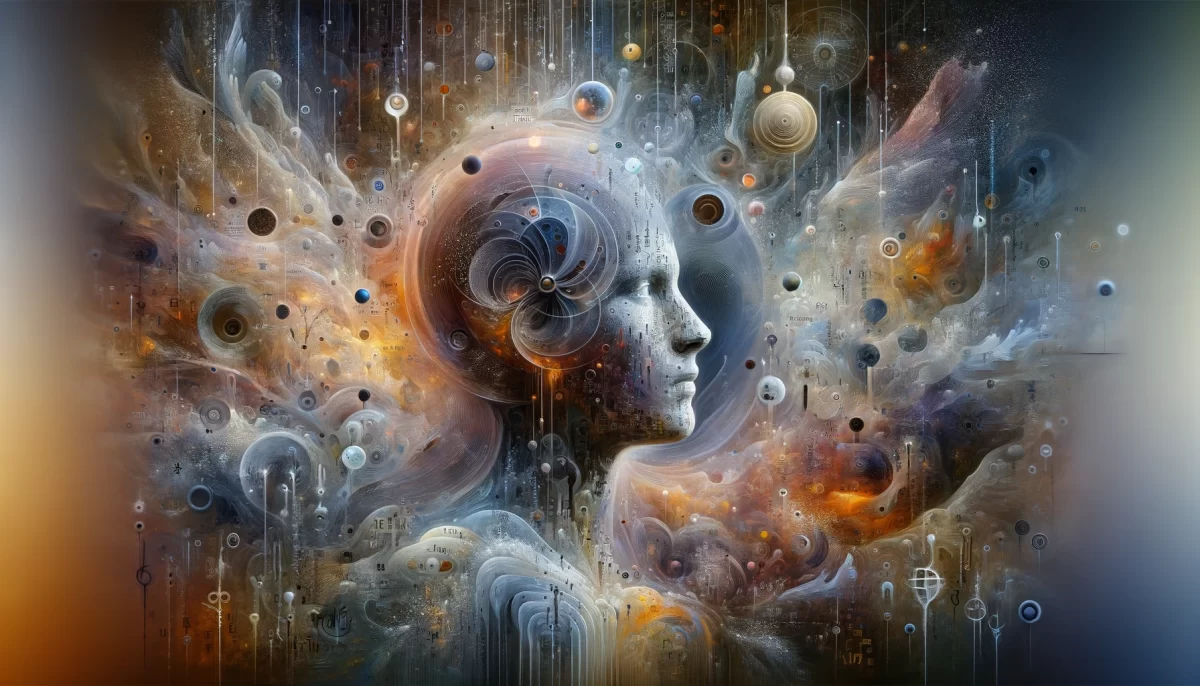
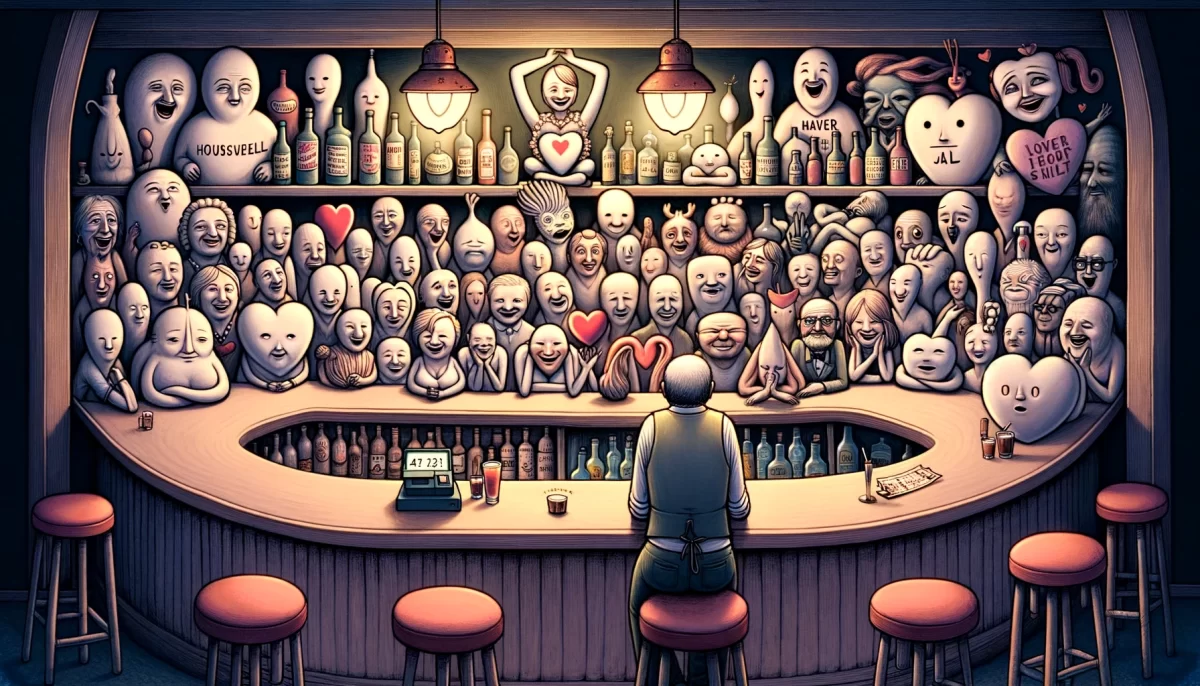
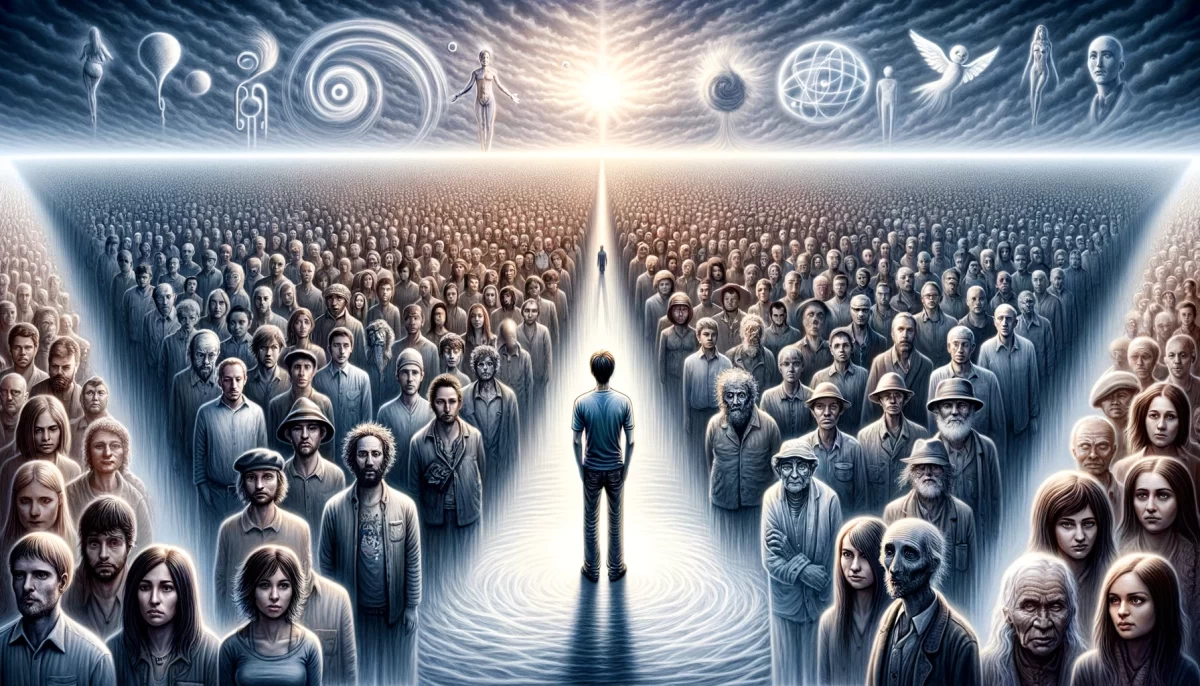
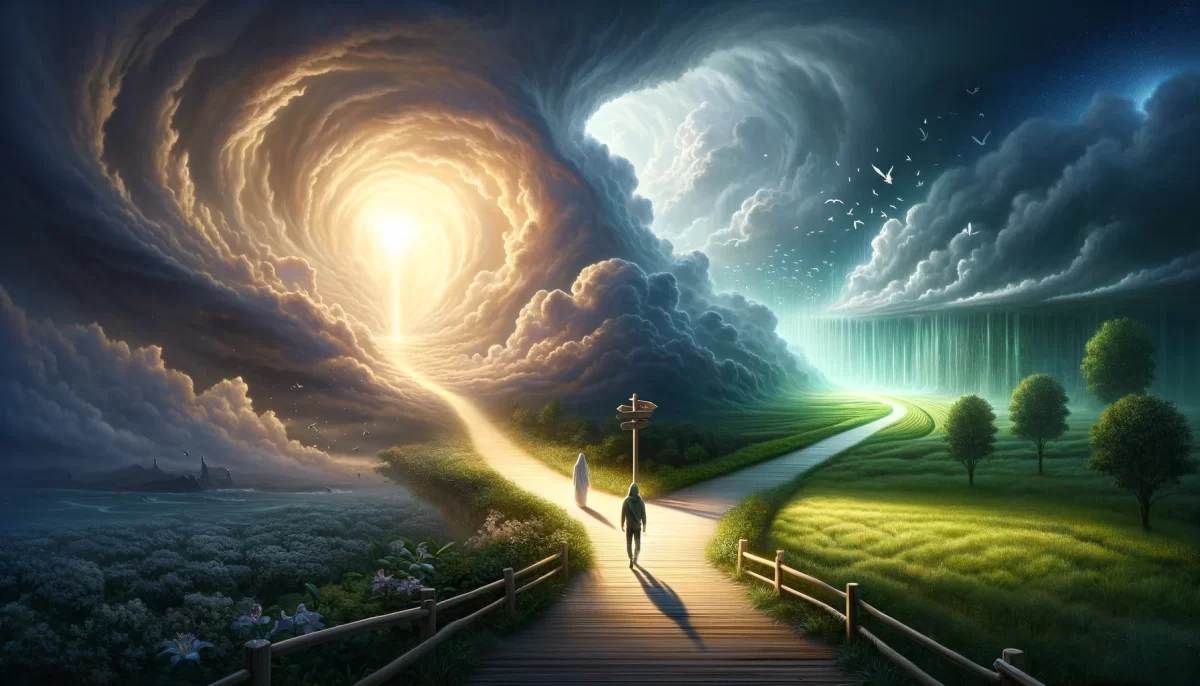
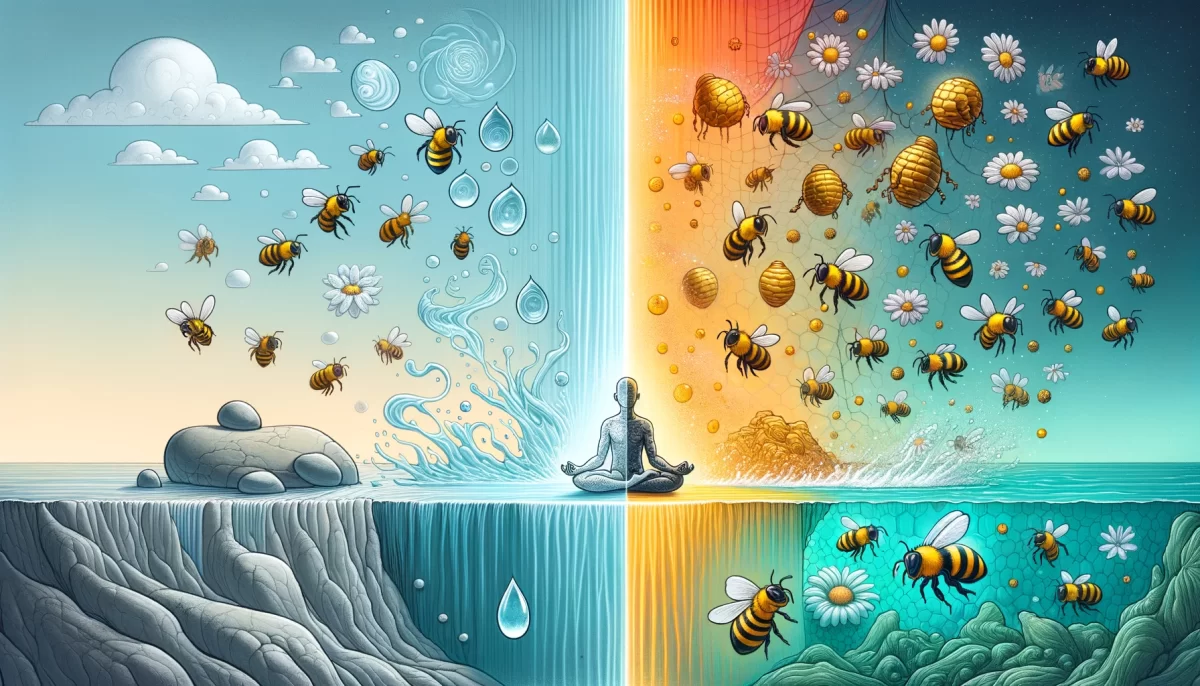
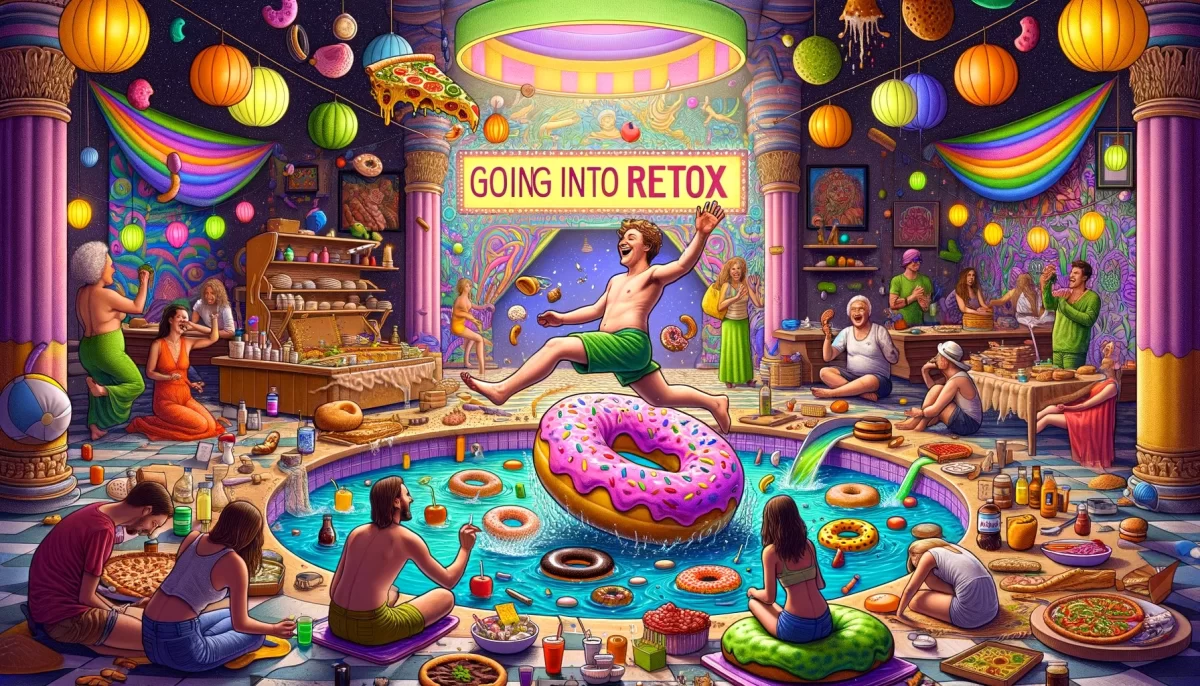
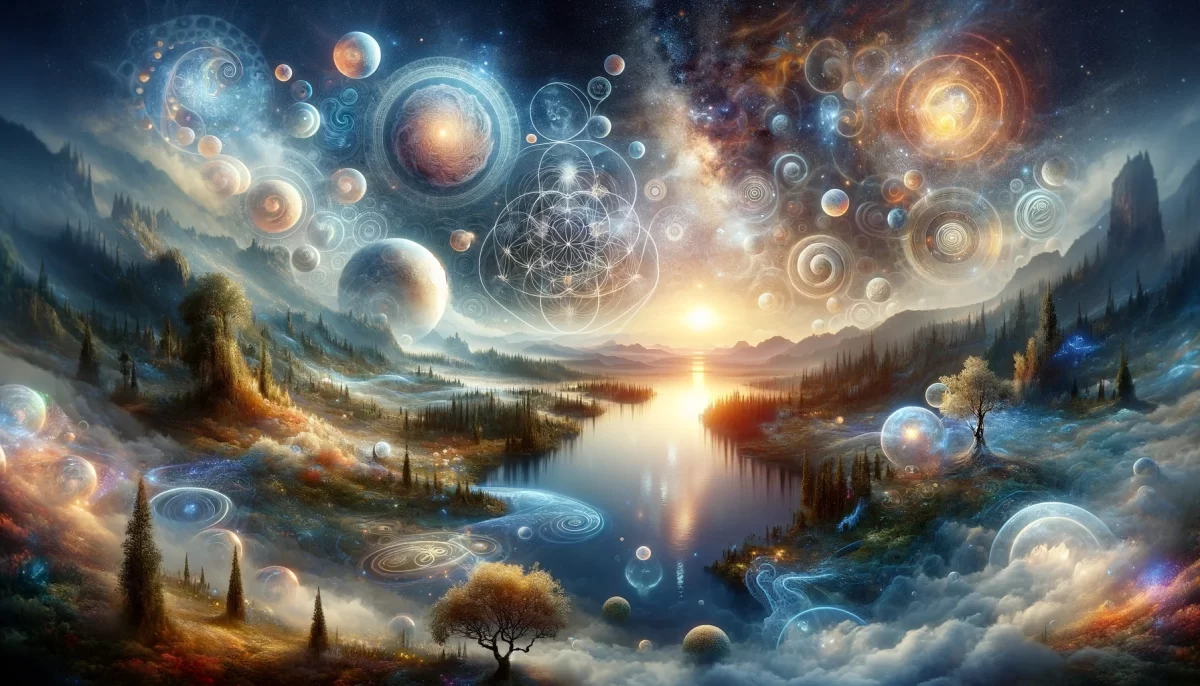
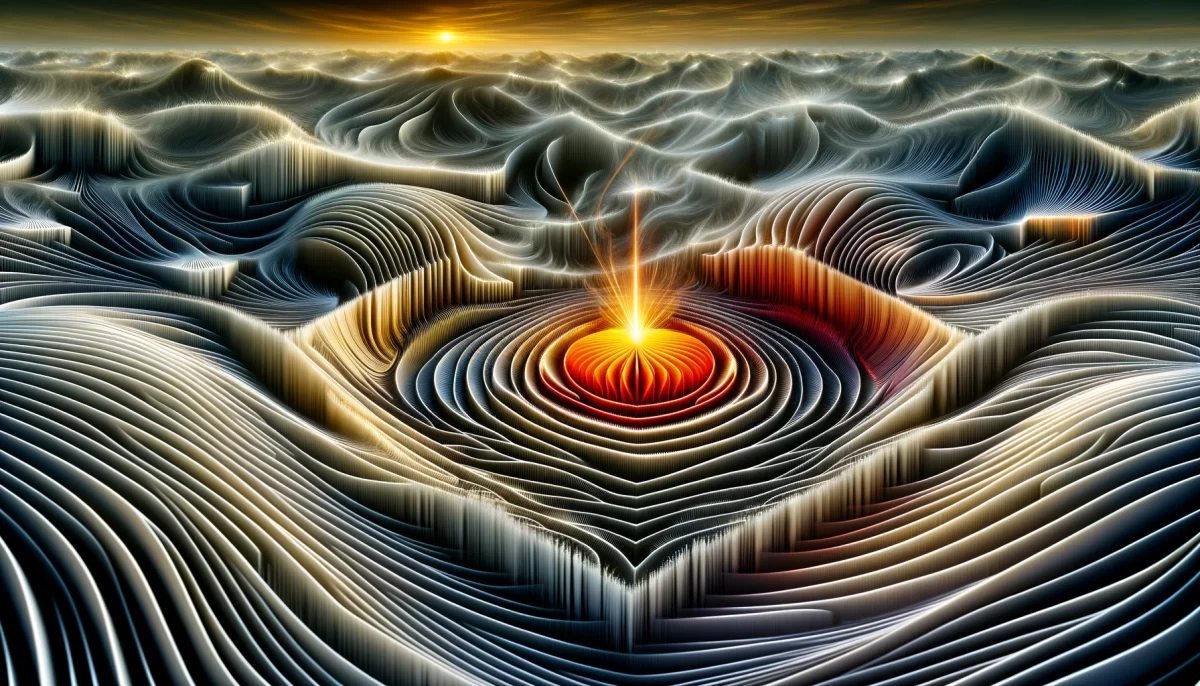
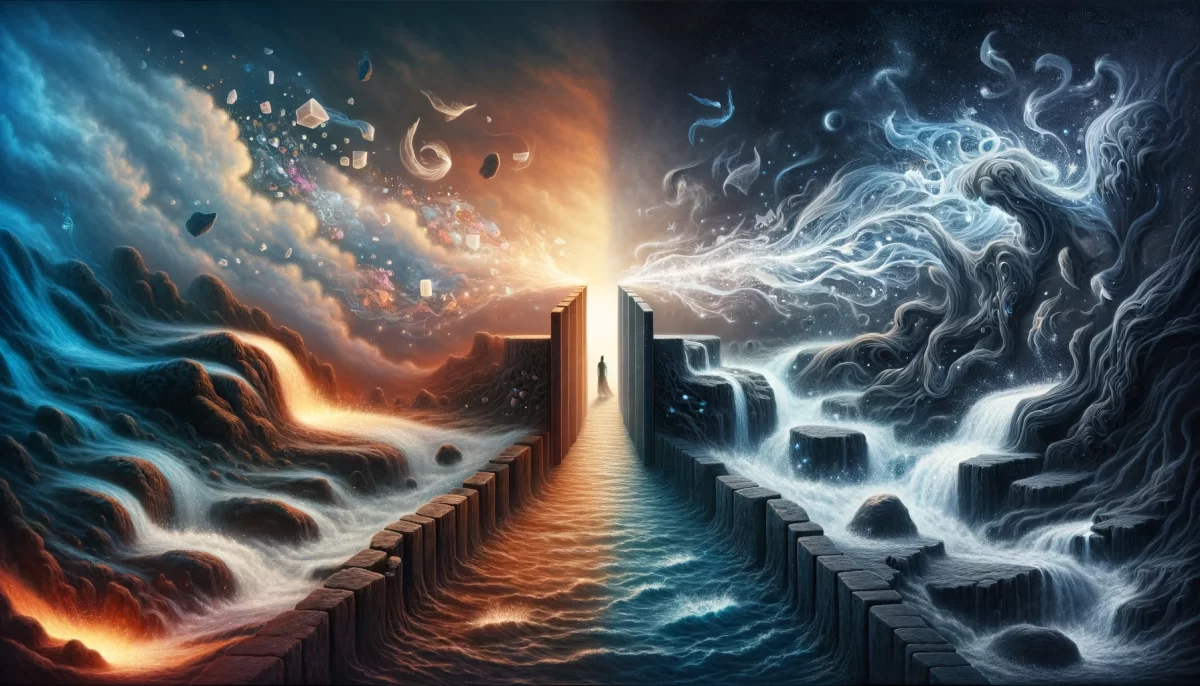
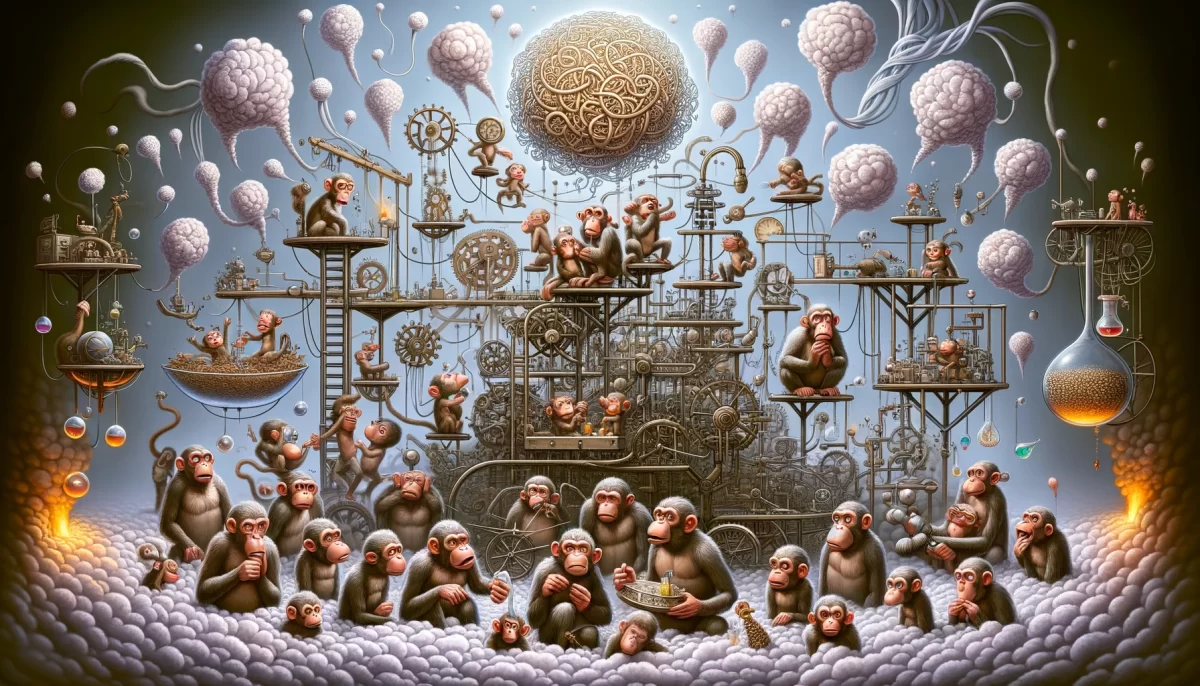
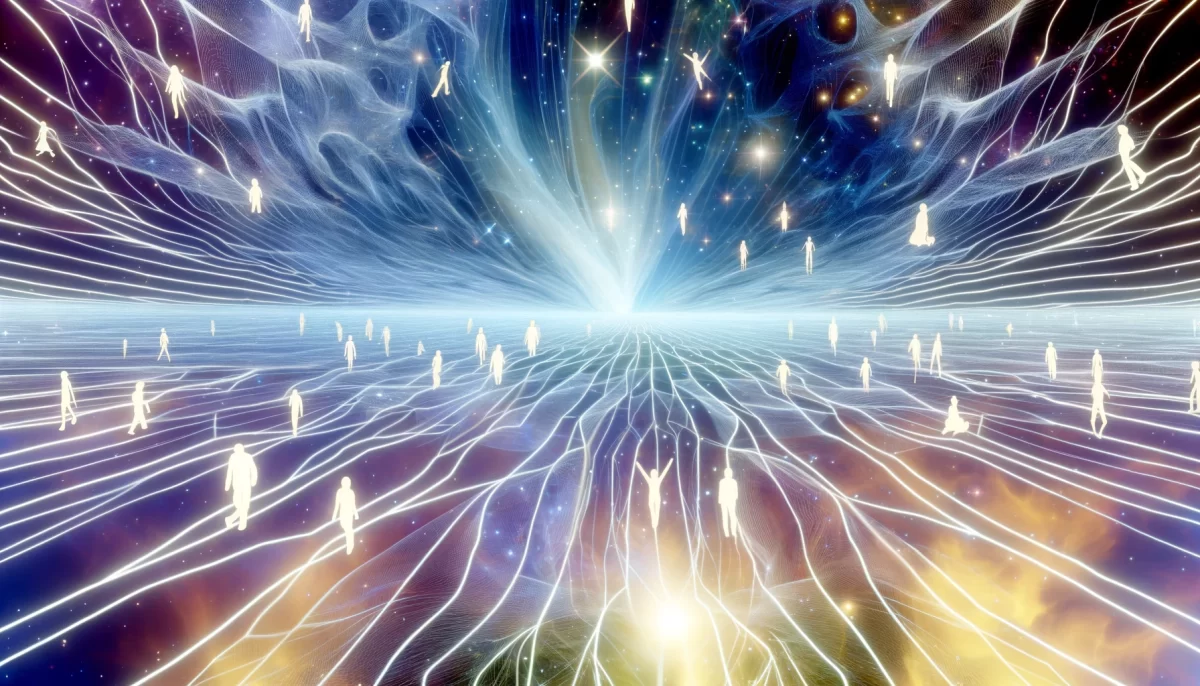
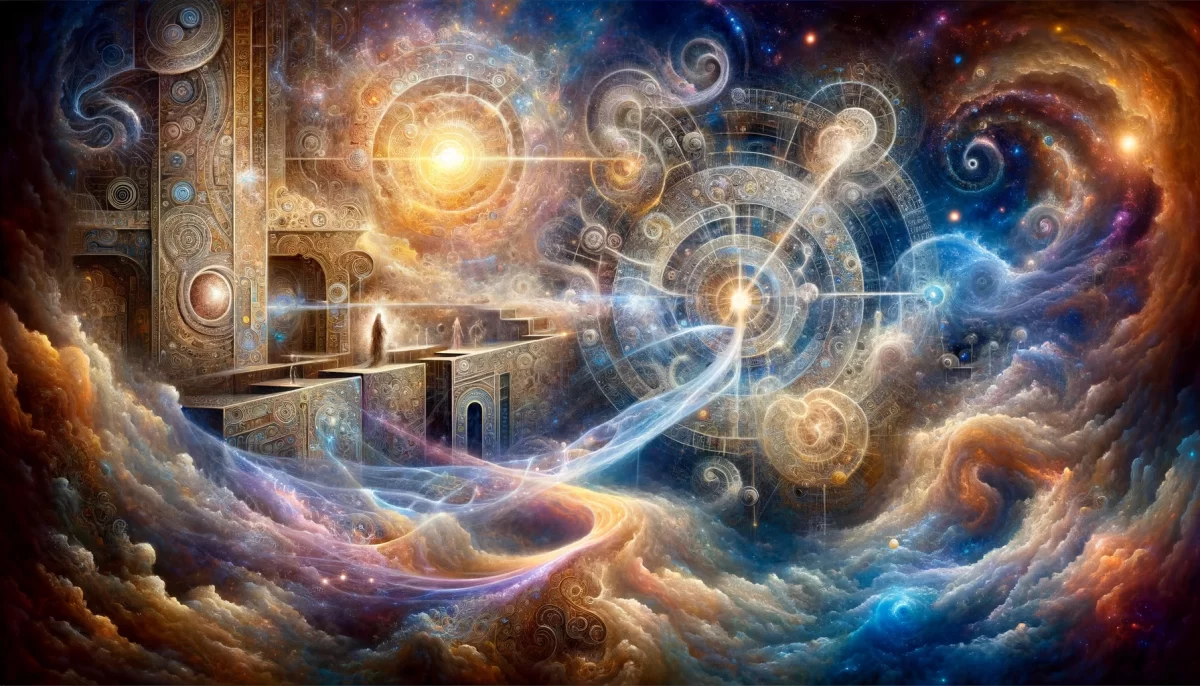
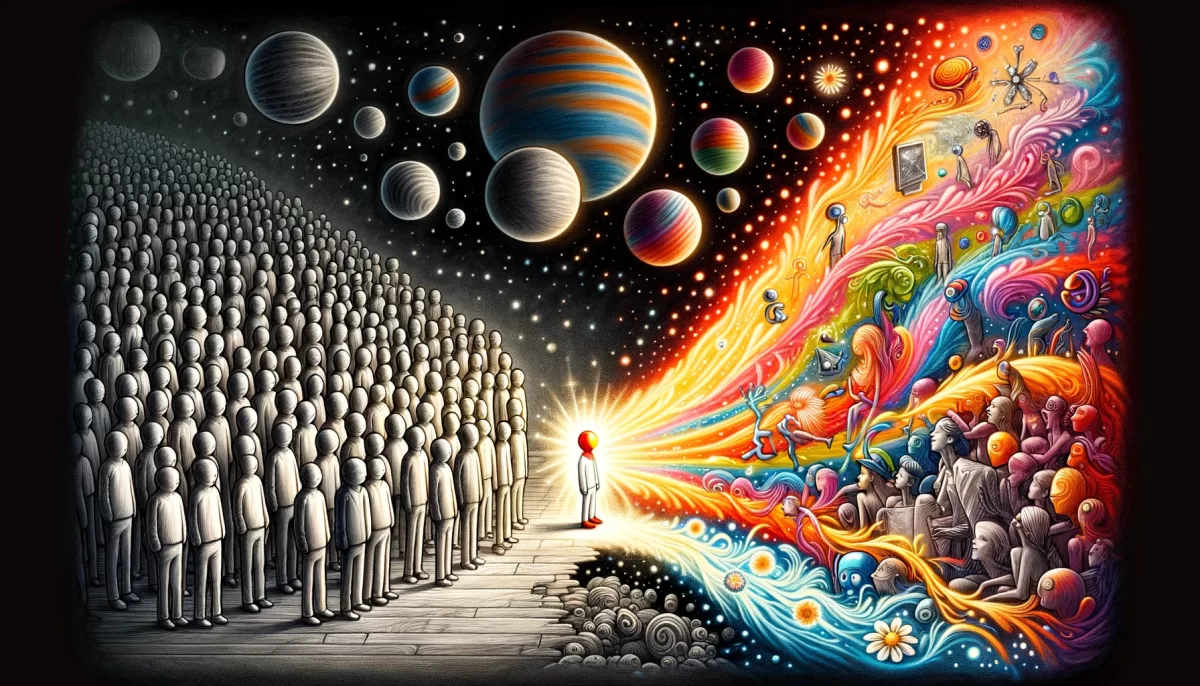
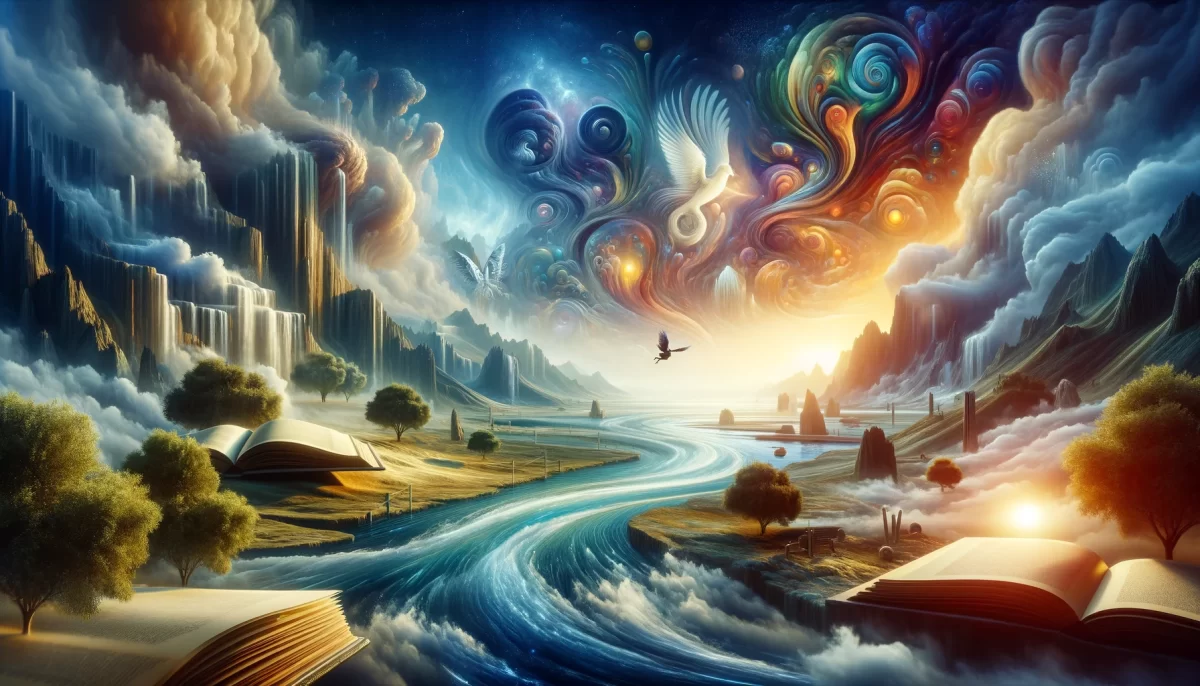
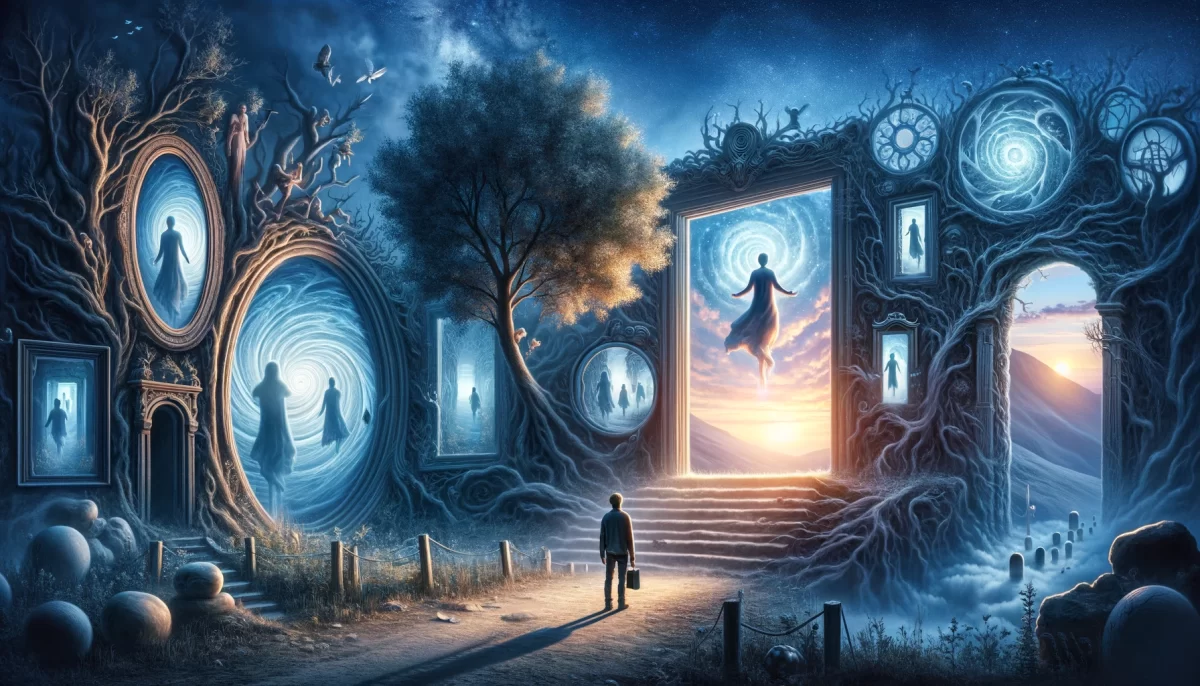
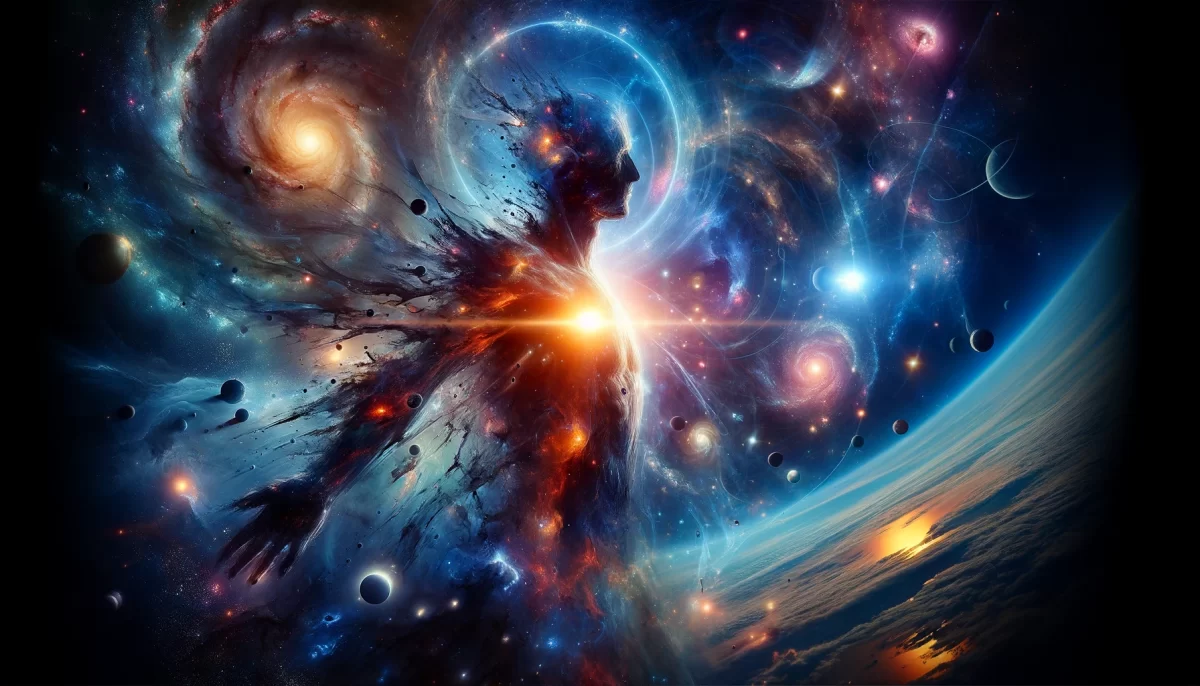
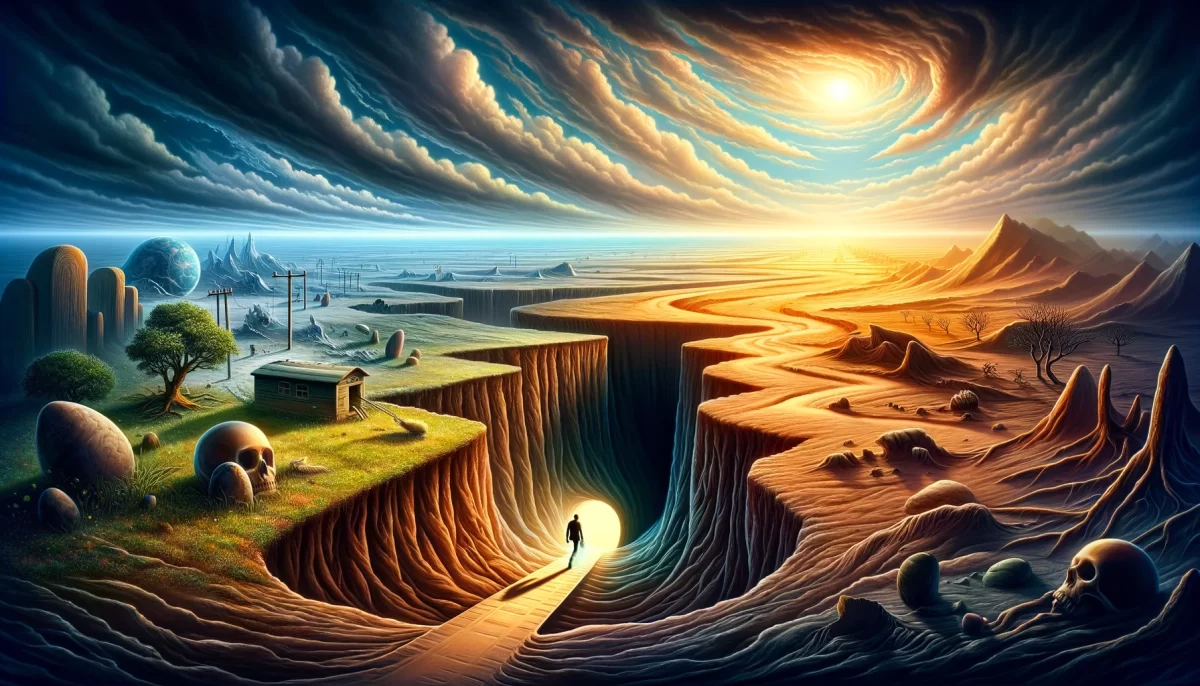
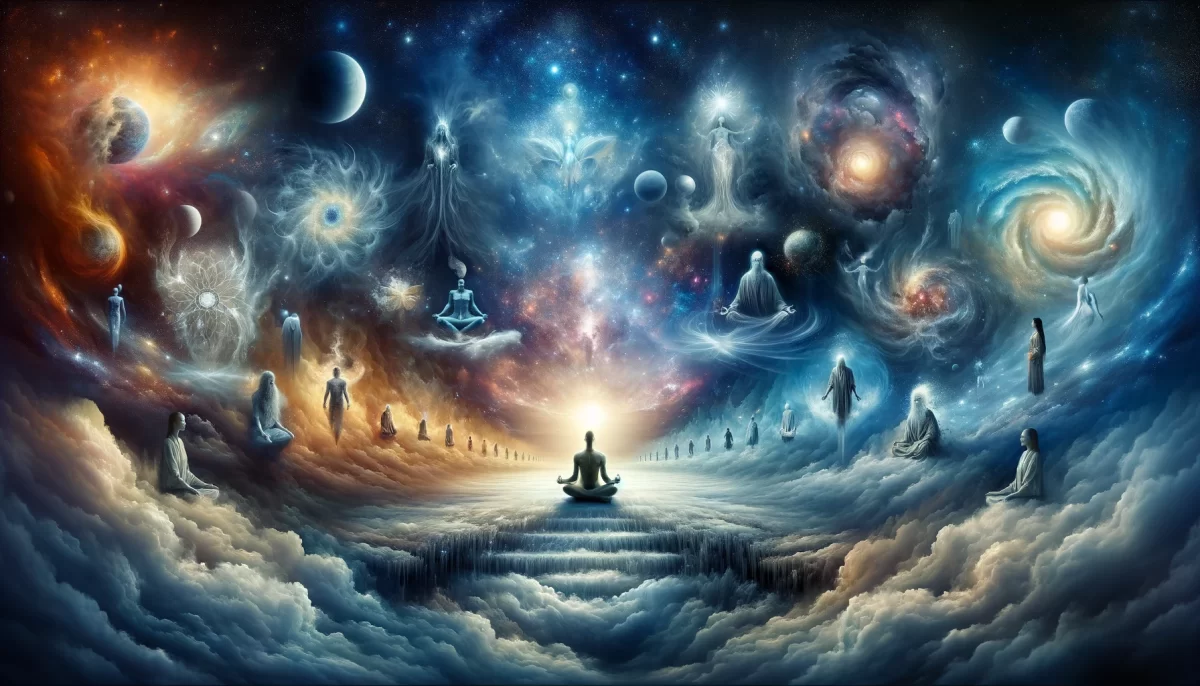
Leave a Reply